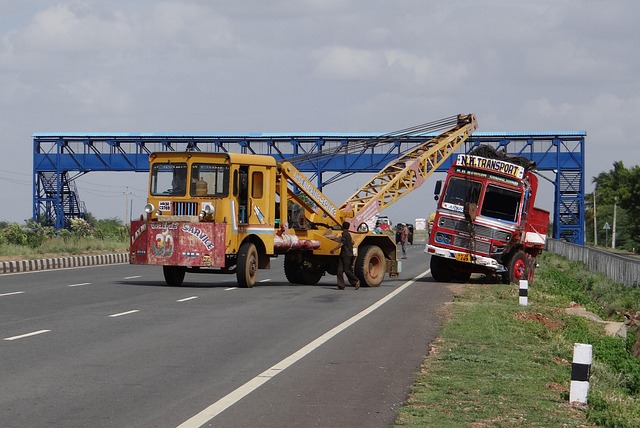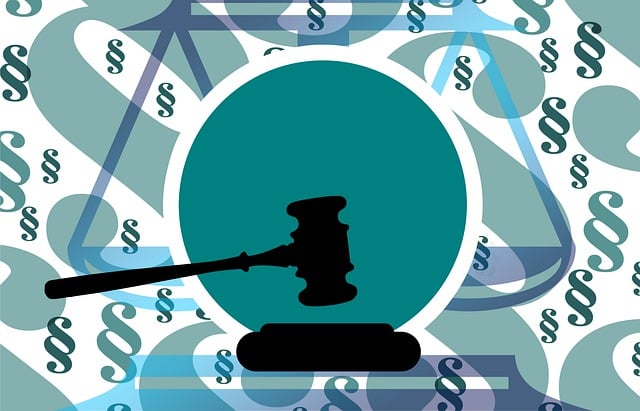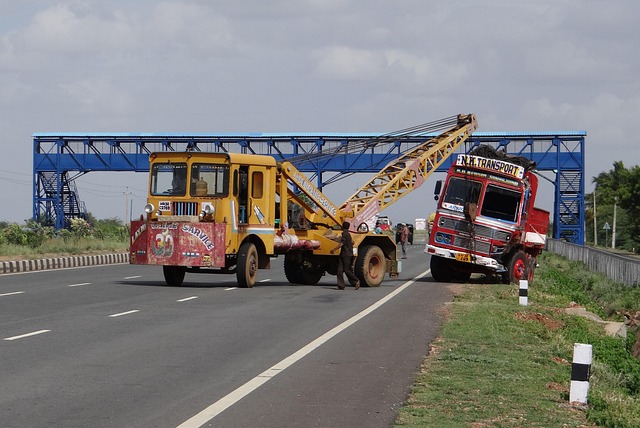When someone dies due to another's negligence, wrongful death damages help compensate survivors for economic losses like medical bills and lost earnings, as well as non-economic ones such as pain and suffering and loss of companionship. Estimating these damages requires gathering detailed incident data and assessing both tangible and intangible impacts on the bereaved family, especially in cases involving vulnerable populations like nursing home residents. Navigating wrongful death damages is crucial for securing justice and fair compensation for affected families.
“In the aftermath of a tragic accident resulting in a wrongful death, estimating damages becomes a complex process. This article guides you through the intricate world of wrongful death damages, offering insights into what they encompass and how they are calculated. We explore the significant factors influencing damage awards, providing a comprehensive understanding of the legal landscape. Furthermore, it delves into the steps involved in navigating claims, ensuring victims’ families receive fair compensation for their loss.”
- Understanding Wrongful Death Damages: What They Entail
- Factors Influencing Damage Awards in Wrongful Death Cases
- Navigating the Process of Estimating and Claiming Compensation
Understanding Wrongful Death Damages: What They Entail

When a person’s life is tragically cut short due to someone else’s negligence or wrongful act, their loved ones often face not only emotional distress but also significant financial challenges. Wrongful death damages are meant to compensate survivors for various losses they endure as a result of this tragic event. These damages go beyond mere monetary value and encompass a range of elements that aim to provide justice and support to the bereaved family.
In cases involving a truck accident, slip and fall injuries, or even complex real estate disputes, determining wrongful death damages can be intricate. A skilled truck accident attorney would understand that these damages may include medical expenses incurred before the deceased’s passing, loss of earnings and future income potential, pain and suffering experienced by the victim, and the value of household services provided by the deceased. Additionally, non-economic losses like emotional distress, loss of companionship, and the impact on family dynamics are also taken into consideration to ensure that survivors receive fair compensation for their unique circumstances.
Factors Influencing Damage Awards in Wrongful Death Cases

When estimating wrongful death damages, several factors play a significant role in determining the compensation amount. These include the economic losses suffered by the deceased’s family, such as medical expenses, lost earnings, and future financial support. Personal injury attorneys often work with experts to project these losses over the lifetime of the victim had they lived.
Additionally, non-economic damages are considered, which encompass the pain and suffering experienced by the loved ones left behind. This can include emotional distress, loss of companionship, and the psychological impact of the wrongful death. In cases like nursing home neglect, where negligence results in harm or death, the awards may be substantial due to the heightened level of care expected from facilities catering to vulnerable populations. Business litigation cases, while rare, may also lead to significant damage awards when corporate misconduct results in fatal accidents.
Navigating the Process of Estimating and Claiming Compensation

Navigating the process of estimating and claiming compensation for wrongful death damages can seem daunting, but it’s a necessary step to ensure justice for the victim’s family. The first step is to gather all relevant information about the incident, including medical records, police reports, witness statements, and any evidence that supports the claim. This comprehensive documentation is crucial in determining the value of the wrongful death damages.
Once the information is compiled, the next step involves assessing the economic and non-economic losses suffered by the family. Economic losses refer to tangible expenses such as medical bills, funeral costs, and lost wages, while non-economic losses encompass the intangible pain, suffering, and loss of companionship. In elder law cases, there may be additional considerations like the victim’s contributions to household duties and care, which can be factored into the overall compensation sought for wrongful death claims.
Estimating wrongful death damages involves a careful consideration of various factors, ensuring that victims’ families receive fair compensation. By understanding what these damages entail and the influences on award amounts, individuals can better navigate the process of claiming compensation. This article has provided insights into navigating this complex landscape, empowering folks to take informed steps towards justice and financial security in the wake of a tragedy.






